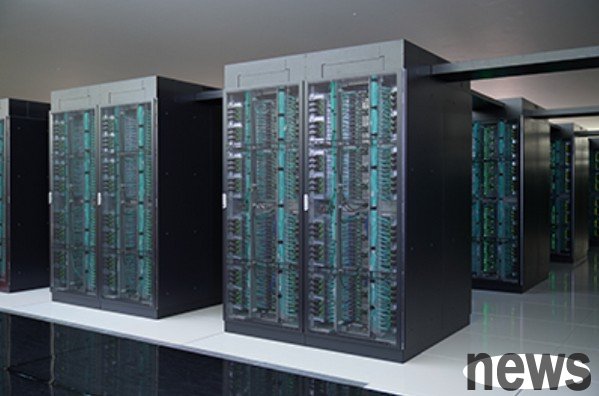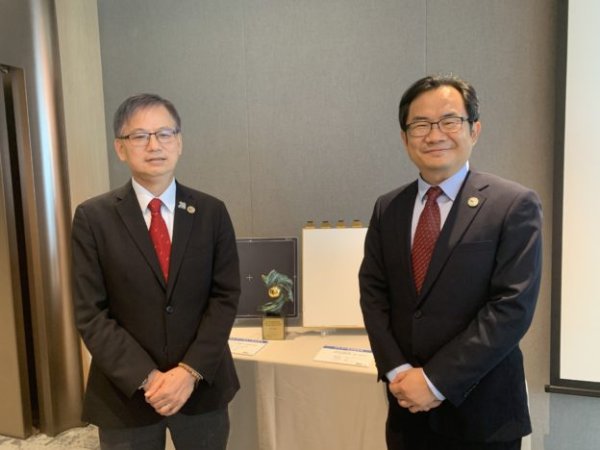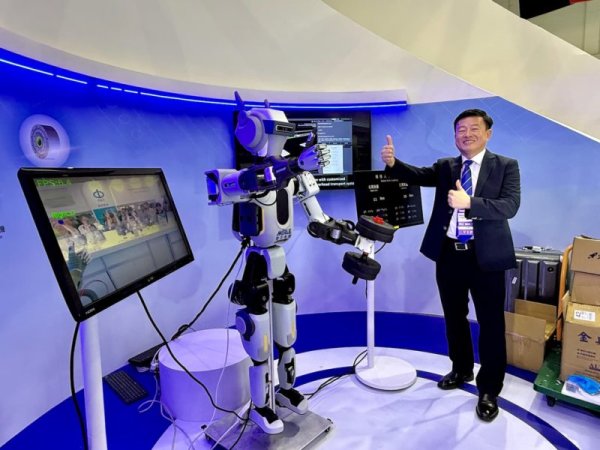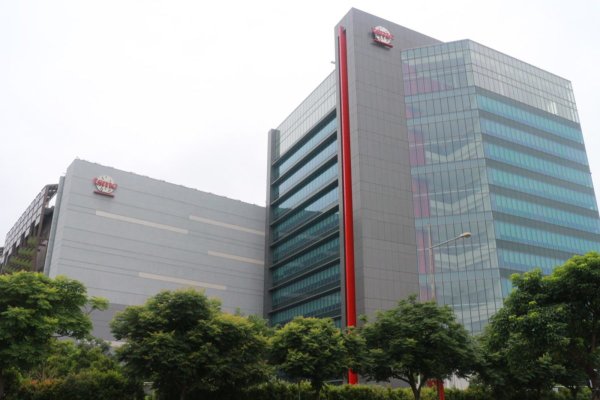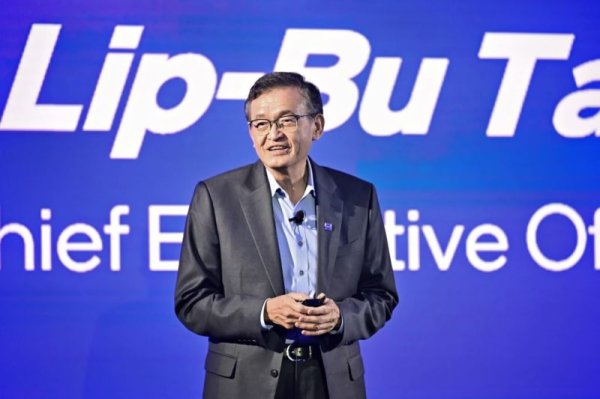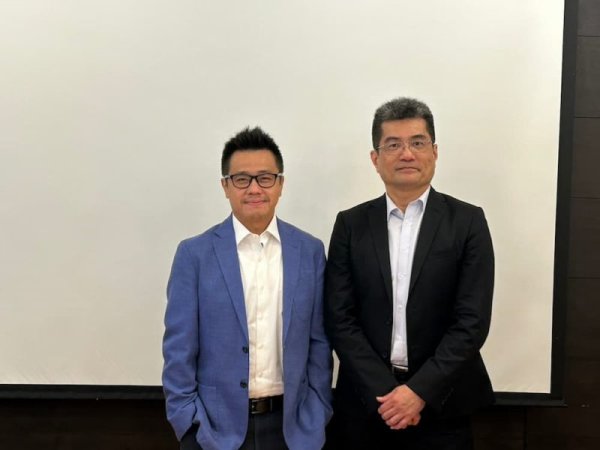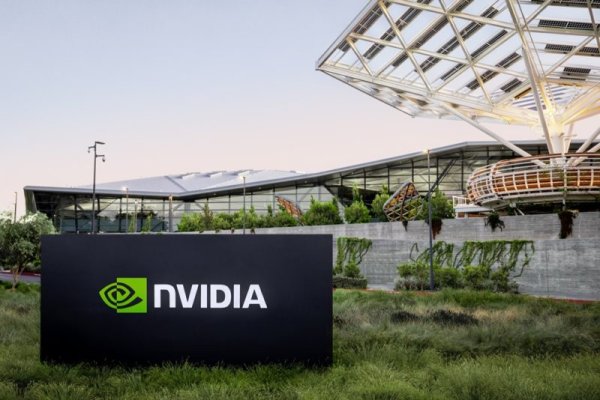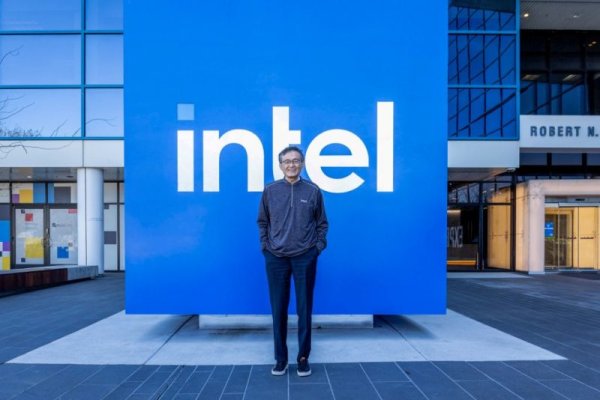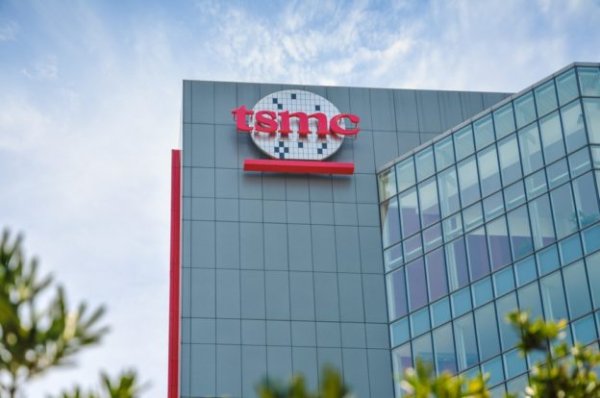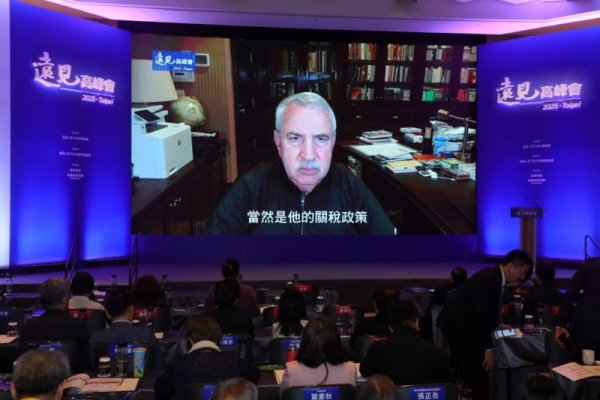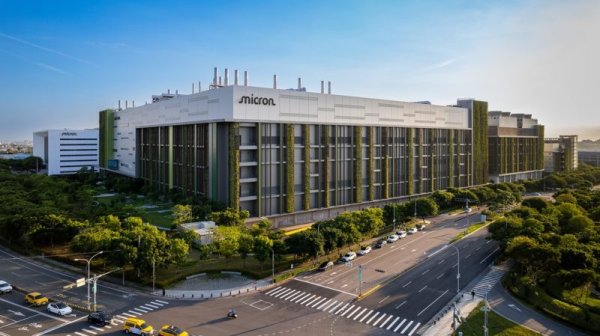Samsung also wants to compete for Qualcomm, Broadcom and NVIDIA OEM

According to the daily report of Korea and North Korea, Samsung's crystalline foundry department has made a major breakthrough in the field of advanced processing and successfully won Tesla's 3-nanometer production process to prove its advanced processing technology strength. Therefore, the cooperation with Tesla not only accelerates Samsung's pace of competing for more mass production orders for global technology manufacturers such as Qualcomm's next-generation application processor (AP) and NVIDIA, but is also regarded as a key milestone for its expansion of merchants in the crystalline foundry market.
Samsung Crystal Foundry Department is fully competing with Qualcomm's AP, NVIDIA's graphics processing unit (GPU), and Broadcom's artificial intelligence (AI) chip orders. It signed a large-scale mass production contract with Tesla, which represents that Samsung's crystalline foundry test yield has exceeded 60%, and its yield and product performance are enough to ensure the bulk order of Tesla's AI chips. Samsung disclosed this contract with a scale of up to $16.5 billion, and once fully produced, it is expected to ensure that at least nearly $2 billion will be collected each year. Tesla executive Elon Musk also said that $16.5 billion is only the minimum amount, and the actual number will be several times.
Tesla has been transferred from 7 nanometers to Taiwan Electric. The main reason for choosing Samsung this time is Samsung's "cost-effectiveness" and "service thinking". Market news revealed that Samsung Electronics' process price is more than 20% cheaper than Telco. Moreover, since the Samsung Cylinder OEM department faces the dilemma of insufficient orders and urgently needs reference from external customers, they even convinced Tesla at a price close to the cost of production.
This time, the Samsung Crystal OEM department cooperated with Tesla's strict requirements. In particular, Samsung has been criticized in the crystal OEM market for lacking "service thinking". However, in this discussion with Tesla, they realized the dilemma Tesla faced with limited Taiwan's electricity production capacity. Samsung accepted the conditions set by Tesla, including prototype development costs, production costs from manufacturing to packaging, and production facilities. Liu Hejun, professor of the Department of Electrical and Electronic Engineering at the Korean Academy of Science and Technology (KAIST), pointed out that TECHNOLOG is focusing on producing for Apple, Qualcomm and NVIDIA, which makes it difficult for its production lines and personnel to meet Tesla's needs. Therefore, Samsung Electronics may have adopted a lower attitude and provided a relatively low price for discussion.
The strategy adopted by Samsung Crystal OEM this time is to ensure Tesla's order volume. Even if it fails to gain profits in the short term, Samsung intends to use this order as a slurry contracted by other manufacturers. With this contract, Samsung will accelerate its dispute over other customers including Qualcomm. At present, the market has announced that Samsung is discussing the next generation of AP orders for Qualcomm's 2-nanometer process. Qualcomm was a former customer of Samsung Electronics, but after 4 nanometers, it transferred all production to TECHNOLOGY. However, analysis pointed out that Qualcomm felt pressure on advanced processes and relying solely on Telco production, which provided an opportunity for Samsung's crystalline foundry department.
In addition, Samsung is also seeking to ensure that Qualcomm currently produces existing chips through NTF 3 nanometer process. As Qualcomm wants to diversify manufacturers, leveraging Samsung crystal round foundry will help reduce manufacturing costs. In addition, Samsung is accelerating its cooperation with NVIDIA and Broadcom, which are emerging in the customized chip (ASIC) market.
The report quotes Korean market personnel as saying that if companies such as Qualcomm and Broadcom rely entirely on Taiwan's electricity production, they will bear the risk of adjusting the volume and product costs in accordance with the Taiwan power schedule. Therefore, if Samsung Cylinder OEM improves its technology through this contract, it will create opportunities for other order volumes. Kim Hyung-jun, the responsible person of Samsung's next-generation smart semiconductor department, also said that the signing of this bulk mass production contract will prompt Qualcomm, Broadcom, NVIDIA and other companies that are highly dependent on Taiwan Power to seek cooperation with Samsung Crystal OEM.


